5 Serious Side Effects Of Chasteberry – The Mediterranean Herb
Be aware of the adverse effects of this supplement before making it a part of your routine.
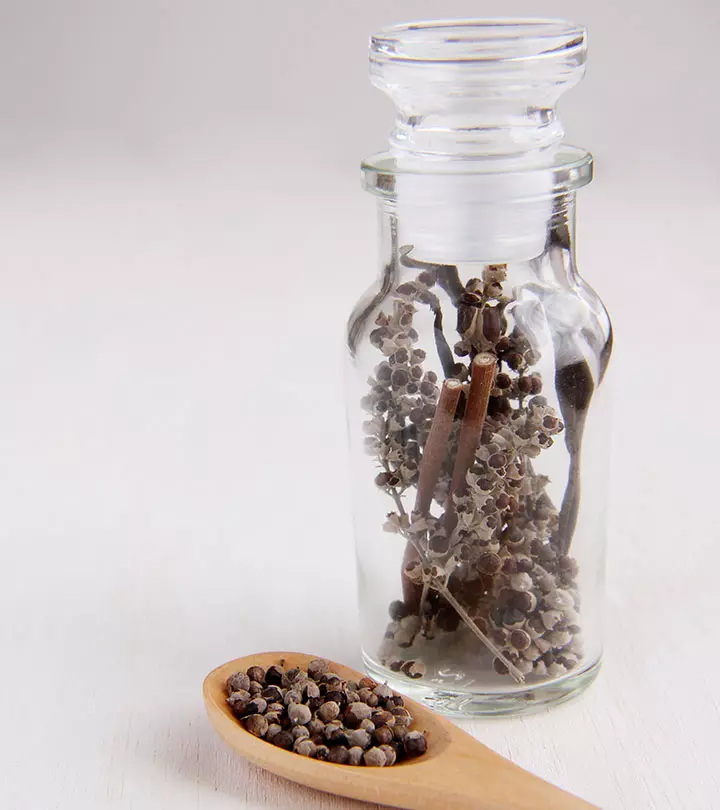
Image: Shutterstock
Chasteberry is a popular herbal supplement that is mostly used to treat the symptoms of menopausei The natural cessation of a woman’s periods, which happens in her late 40s or early 50s, usually 12 months after her last period. and premenstrual syndromei A condition characterized by mood swings, acne, and bloating that begin a week or two before a woman gets her period. (1). It is also known as Vitex or monk’s pepper. It is a fruit from the Mediterranean region. Historically, it has been used in traditional medicine to support women’s health, especially for balancing hormones and managing menstrual issues. It has been used for centuries, including in ancient Greece and Rome to help regulate menstrual cycles, treat hormonal imbalances, and support reproductive health.
While its effectiveness in treating menstrual problems is known, you also must be wary about the side effects of chasteberry. Continue reading to know more.
 Know The Flip Side: Chasteberry
Know The Flip Side: ChasteberryShort-Term Effects
Acne, skin rash, nausea, and heavy menstrual flow.
Long-Term Effects
May cause complications in pregnancy and during breastfeeding, and also increase the risk of developing breast cancer.
Drug Interactions
May interact with antipsychotic drugs, contraceptives, and drugs used in hormonal therapy.
When To See A Doctor
If you experience a sudden onset of acne, heavy menstrual flow, severe nausea and vomiting, and hormonal change symptoms, consult a doctor.
In This Article
What Are The Side Effects Of Chasteberry?
1. May Cause Acne

Acne is among the most common adverse effects of chasteberry (2). The herb also causes an erythematous rash, which is redness of the skin characterized by increased blood flow to the superficial capillaries. These side effects are usually mild and may go away once you stop using chasteberry (2).
 Did You Know?
Did You Know?2. May Cause An Upset Stomach

Chasteberry has often been used to treat constipation in traditional medicine (3). Hence, overuse of chasteberry may cause an upset stomach (4). Further, in rare cases, chasteberry seeds may form a mass called a phytobezoar, creating an obstruction. This happens when undigested material builds up in the digestive tract. It usually forms in the stomach but sometimes may reach the colon, causing blockages or even serious complications that require surgery (3).
Other related gastrointestinal complaints might include nausea, leading to fatigue. However, these mild side effects are usually reversible and may go away once you stop using chasteberry (2).
3. Can Lead To Issues During Pregnancy And Breastfeeding

The use of chasteberry during pregnancy and breastfeeding is controversial. There is poor evidence to support if the use of chasteberry during pregnancy can actually prevent miscarriages. A review examined different studies on chastetree (Vitex agnus-castus) to determine the same. It found that although evidence is weak, some studies suggest that chasteberry may influence hormone levels, stimulate the uterus, regulate periods, or even prevent miscarriage. However, experts disagree on whether it increases or decreases milk production (5).
In another study, 352 breastfeeding mothers took chasteberry. Out of them, 15 mothers experienced side effects like itching, rashes, hives, or an early period. So, it is best to avoid chasteberry while breastfeeding (2).
Though in certain small studies, the use of chasteberry seemed to help achieve pregnancy, its use during pregnancy and breastfeeding is thoroughly discouraged as its effect on babies has not been well documented (6)
4. May Cause Problems During Breast Cancer

Chastberry has phytoestrogenic properties (5). It can mimic the effects of estrogen in the body, a hormone that plays a role in the development of women’s breasts. This way, it might cause breast tenderness or interfere with certain cancers. Hence, individuals with hormone-sensitive cancers, like that of the breast, must consult their doctor before using it (7).
5. Can Interfere With Certain Drugs And Therapies

Chasteberry can interfere with birth control pills. It is known to promote fertility, and the herb may not be a good option if you are looking for birth control (8), (7).
Chasteberry can also disrupt progesteronei An ovarian hormone that plays a crucial role in the menstrual cycle and the maintenance of the early stages of pregnancy. , a hormone used in hormone replacement therapyi A treatment that boosts a woman’s hormone levels to relieve menopausal symptoms like hot flashes, mood changes, and night sweats. (9). Hence, women undergoing therapy must steer clear of the herb and talk to their doctor.
Simultaneous use of chasteberry along with antipsychotic drugs is contraindicated (10). Antipsychotic drugs are used to treat psychosis, a mental disorder that makes you feel disconnected from reality (11). Chasteberry may also interact with medication used to treat Parkinson’s disease, a brain disorder that leads to slow movement and balance issues (7), (12). It may also increase the effects of beta-blockers (medicine for conditions like irregular heartbeat and chest pain) and high blood pressure medication (13).
 Quick Tip
Quick TipWe have seen the major side effects of chasteberry. Research is ongoing, and its use during pregnancy and breastfeeding is not well documented. So, always consult a doctor before consuming chasteberry. They can recommend the appropriate dosage. For you based on your health condition. Learn more below!
Chasteberry Dosage Guidelines
The dosages of chasteberry used in studies vary widely.
- The ideal dosage of the herb extract is between 20 to 40 milligrams per day (6).
- If you are using a fluid extract, the ideal dosage is 40 drops per day (6).
- For the tincture, 35 to 45 drops, thrice a day, should be ideal (6).
Anything beyond this may cause problems.
Chasteberry may also cause side effects when taken with certain birth control options due to the hormonal changes they cause. A blogger had severe mental health issues that she attributed to chasteberry. She knew these mental health issues were caused by hormonal fluctuations, as she had been told so by a doctor when she had experienced similar adverse reactions using a birth control ring and patch. So when she faced a similar depressive episode, she knew something was affecting her hormones and discovered it was the vitex supplement she was taking. She writes, “Vitex is often recommended by Chinese herbalists to regulate menstrual cycles. It should not be taken with the pill as it may increase the side effects and decrease its effectiveness. Needless to say it increased the side effects x100 for me. I am no herbalist or doctor, but if you tend to react badly to the pill or hormones in general then please stay away from this one (i).”
If your doctor permits, you can easily buy chasteberry supplements in the form of capsules, powder, etc. However, you should purchase products with pure extract free from fillers, artificial additives, or preservatives. Also, look for reputable brands with transparent ingredient sourcing that also offer third-party testing to ensure purity and potency. You may also prepare chasteberry tea or smoothie at home. Learn how to do that in the next section.
Chasteberry Preparation Method
Chasteberry Tea
Ingredients
- 1-2 teaspoons of dried chasteberries, crushed
- 4 cups water
- 1 tablespoon rose petals
- 1 teaspoon hibiscus flowers
- 1 teaspoon crushed star anise
- ½ teaspoon cinnamon powder
- 1 teaspoon maple syrup, honey, or sweetener of choice
How To Prepare
- Boil water in a pan and add dried chasteberries, rose petals, hibiscus flowers, crushed star anise, and cinnamon powder.
- Steep for 10 minutes.
- Add the sweetener of your choice and enjoy hot or cold.
Chasteberry Smoothie
Ingredients
- ½ teaspoon chasteberry powder
- 1 cup plant-based milk
- 1 banana, sliced
- 1 cup berries or any fruit of your choice
- ½ teaspoon cinnamon
- 1 teaspoon maple syrup, honey, or sweetener of choice
How To Prepare
- Add everything to a blender and blend until smooth.
- Pour into a glass and enjoy!
Before you try these recipes, you should know that there are certain conditions that may require you to avoid chasteberry, especially if recommended by your doctor. Learn about them in the next section.
Who Should Avoid Chasteberry?
Based on all the side effects mentioned above, you should avoid consuming chasteberry if you have the following:
- An allergy to chasteberry
- Sensitive or acne-prone skin
- A sensitive stomach or digestive issues
- You are pregnant or breastfeeding
- You take birth control pills or have hormonal issues
- You take medications like antipsychotic drugs, beta-blockers, or blood pressure medicine.
In these cases, you may try different chasteberry alternatives. For instance, if you were taking it for hormonal imbalance, you may try maca root, which is known to support hormone balance (14). Similarly, for menstrual issues, Shatavari, an Ayurvedic herb, may help (15). Always talk to your doctor before taking any of these natural remedies to avoid adverse reactions.
Key Takeaways
- Chasteberry is a herbal supplement that treats the symptoms of menopause but it can cause some serious side effects.
- Chasteberry can cause acne, and can even cause gastrointestinal symptoms like nausea and diarrhea.
- These berries have phytoestrogenic properties and interact with many drugs which can cause problems if consumed during pregnancy or while being treated for breast cancer.
Infographic: Top 3 Side Effects Of Chasteberry To Watch Out For
We are aware that premenstrual syndrome and menopausal symptoms are frequently treated with the popular herbal supplement chasteberry. However, its side effects might have a negative impact on your health. See the infographic below to learn more about its negative side effects. Illustration: StyleCraze Design Team
Chasteberry is generally used to manage menopause symptoms and premenstrual syndrome. But one must also note the side effects of chasteberry. It may cause a headache, trigger allergic reactions, acne, dizziness, and stomach upset. It may exhibit negative effects during pregnancy and breastfeeding. In addition, the phytoestrogenic properties of chaste berry may trigger problems during breast cancer. It is known to interact with certain therapies and medications. Although chaste berry benefits can be reaped by using it as advised, excess consumption for extended durations may trigger severe negative effects. Hence, you should practice caution while eating it.
Frequently Asked Questions
How long does chasteberry take to work?
As per anecdotal evidence, chasteberry takes anywhere from 2 weeks to 3 months to show results.
Will chasteberry cause weight gain?
The link between chasteberry consumption and weight gain is not established scientifically. However, consume it in moderation and follow a healthy, active lifestyle to avoid unhealthy weight gain.
Does chasteberry increase dopamine?
No. However, it acts like dopamine and activates the dopamine receptors (16).
Illustration: Serious Side Effects Of Chasteberry – The Mediterranean Herb
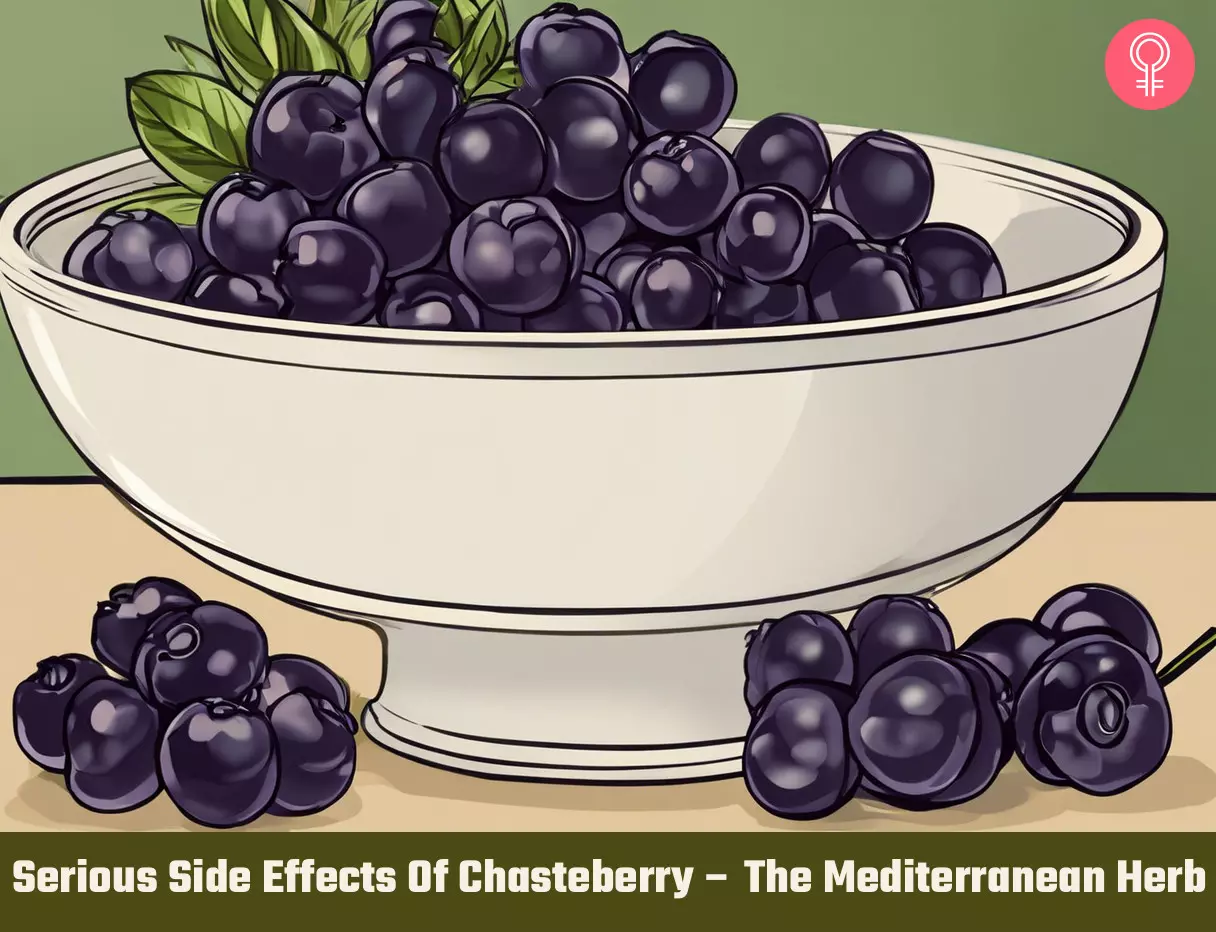
Image: Stable Diffusion/StyleCraze Design Team
Discover the health benefits and potential side effects of chasteberry in this informative video. Explore its uses and precautions. Watch now to make informed decisions about this natural supplement.
Personal Experience: Source
StyleCraze's articles are interwoven with authentic personal narratives that provide depth and resonance to our content. Below are the sources of the personal accounts referenced in this article.
i. Vitex: Beware!!,https://unicornandi.wordpress.com/2010/05/04/vitrex-beware/References
Articles on StyleCraze are backed by verified information from peer-reviewed and academic research papers, reputed organizations, research institutions, and medical associations to ensure accuracy and relevance. Read our editorial policy to learn more.
- “Chasteberry” American Family Physician, US National Library of Medicine, National Institutes of Health.
- “Chasteberry” Drugs and Lactation Database, US National Library of Medicine, National Institutes of Health.
- “Colonic Obstruction Secondary to Phytobezoar Caused by Vitex Agnus-Castus Seeds: A Case Report” Journal of College of Physicians and Surgeons Pakistan, US National Library of Medicine, National Institutes of Health.
- “Non-Drug Ways to Manage Premenstrual Syndrome (PMS)” University of Wisconsin School of Medicine and Public Health.
- “Safety and efficacy of chastetree (Vitex agnus-castus) during pregnancy and lactation.” The Canadian Journal of Clinical Pharmacology, US National Library of Medicine, National Institutes of Health.
- “Chasteberry” American Family Physician.
- “Chasteberry” National Center for Complementary and Integrative Health.
- “Chaste Tree: Mother Nature’s Menstruation Remedy” Plant Profiles in Chemical Ecology.
- “A gateway to environmental signaling” Endocrine Disruption.
- “Pharmacological and therapeutic effects of Vitex agnus-castus L.: A review” Pharmacognosy Review.
- “Psychosis” StatPearls, US National Library of Medicine, National Institutes of Health.
- “Parkinson Disease” StatPearls, US National Library of Medicine, National Institutes of Health.
- “Safety of Herbal Supplements: A Guide for Cardiologists” Cardiovascular Therapeutics, Wiley Online Library.
- “Opioidergic mechanisms underlying the actions of Vitex agnus-castus L” Biochem Pharmacol.
- “Hormone-Balancing Effect of Pre-Gelatinized Organic Maca (Lepidium peruvianum Chacon): (I) Biochemical and Pharmacodynamic Study on Maca using Clinical Laboratory Model on Ovariectomized Rats” StatPearls, US National Library of Medicine, National Institutes of Health.
- “Efficacy and Safety of Shatavari Root Extract for the Management of Menopausal Symptoms: A Double-Blind, Multicenter, Randomized Controlled Trial” US National Library of Medicine, National Institutes of Health.
Read full bio of Vd. Naveen Sharma
Read full bio of Ravi Teja Tadimalla
Read full bio of Arshiya Syeda
Read full bio of Sindhu Koganti





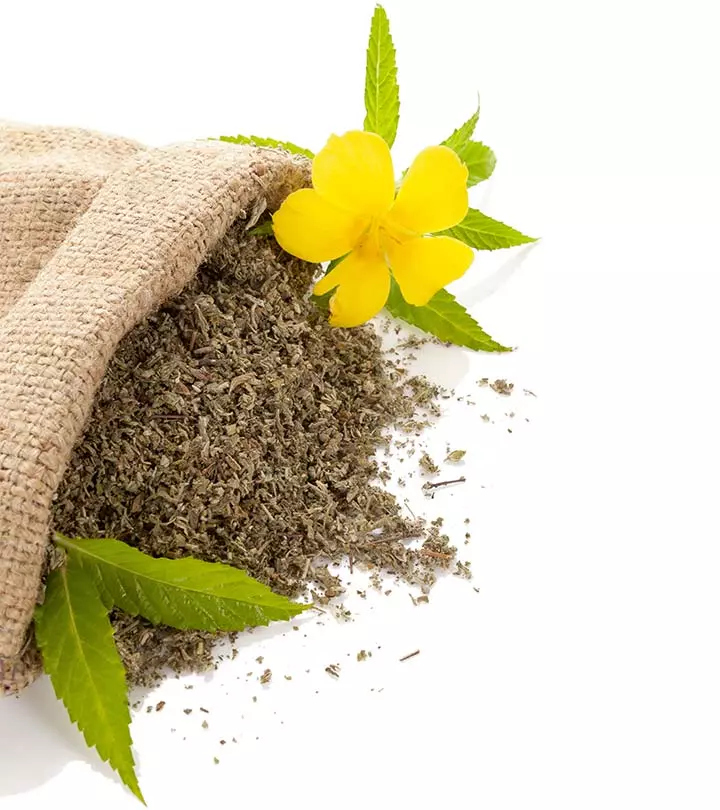


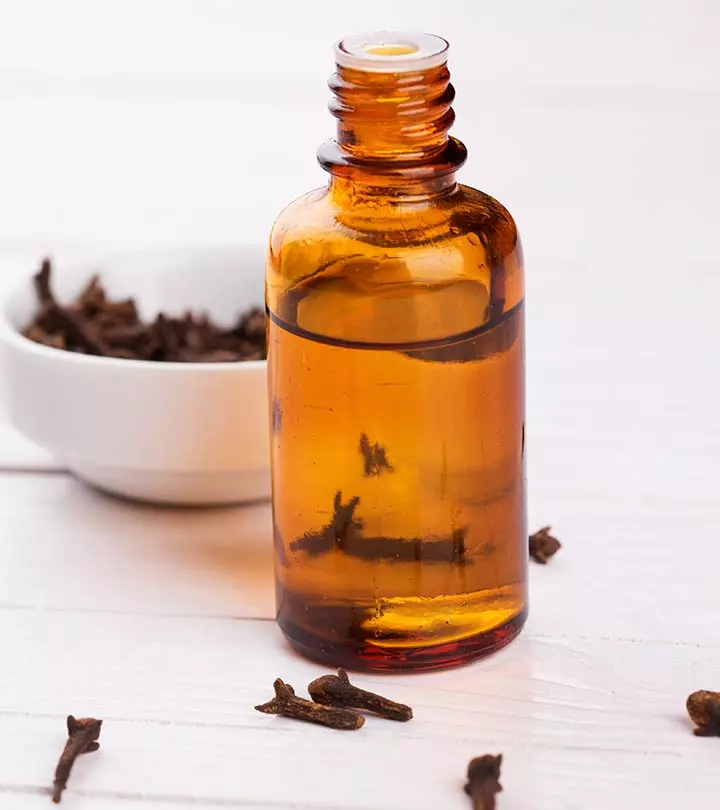
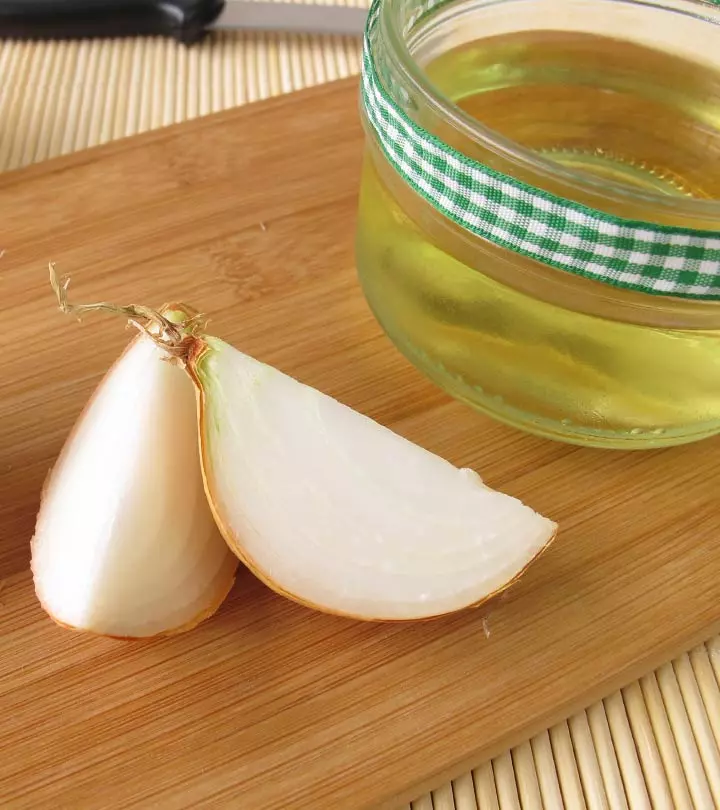
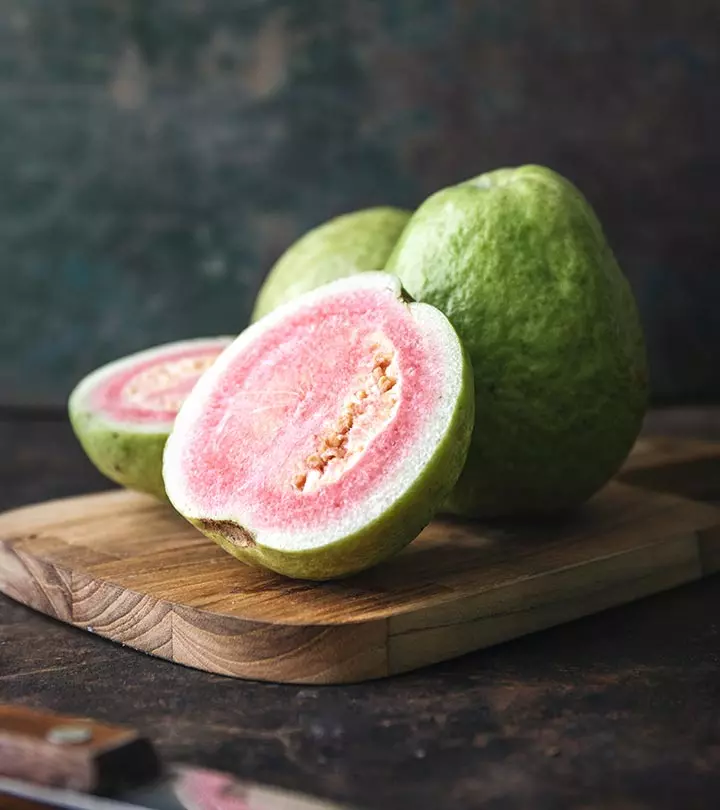

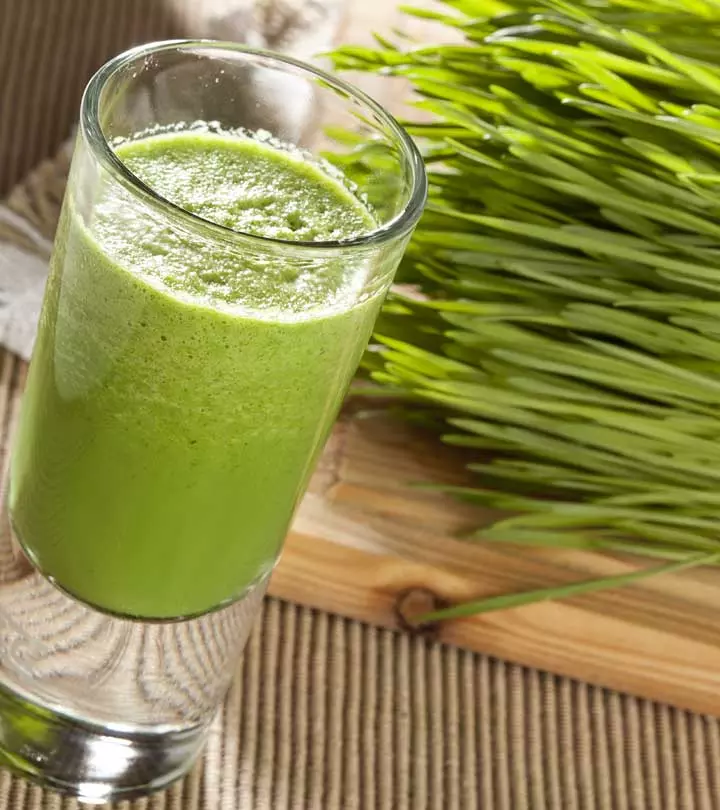
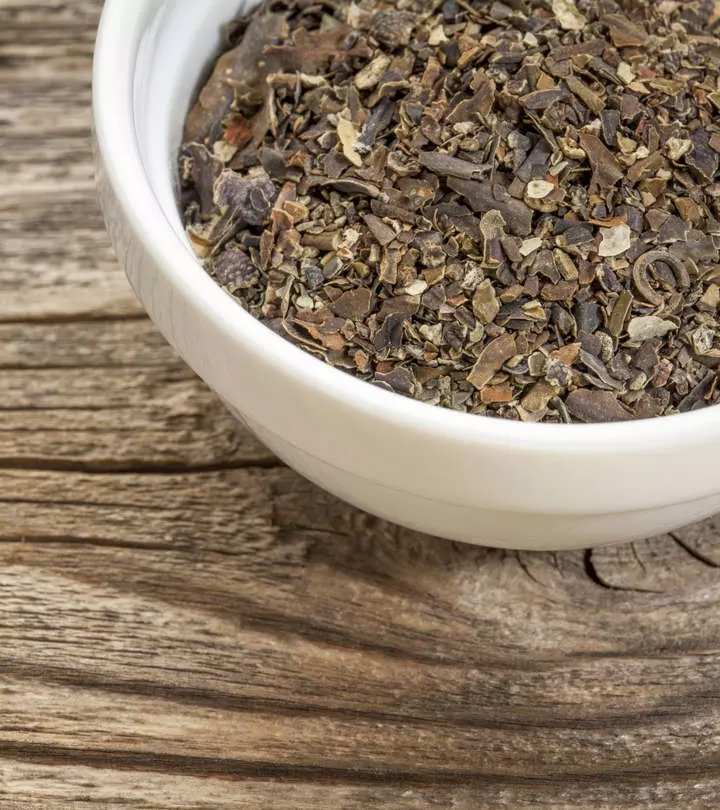

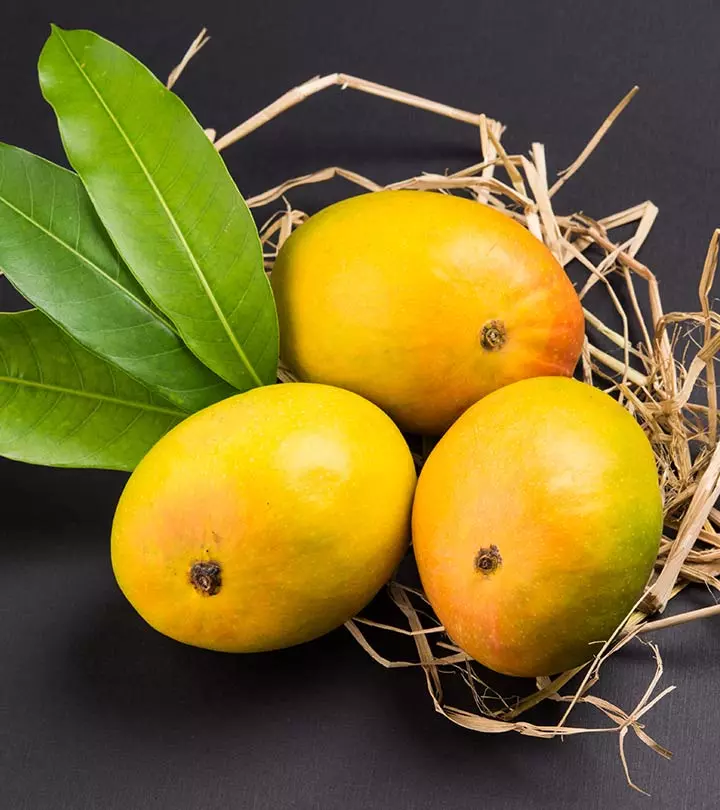
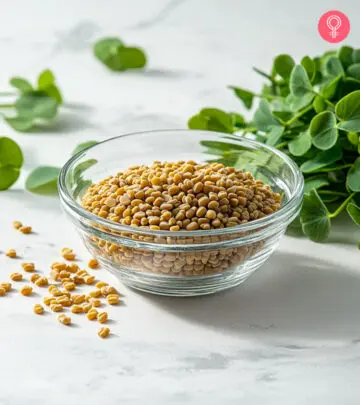

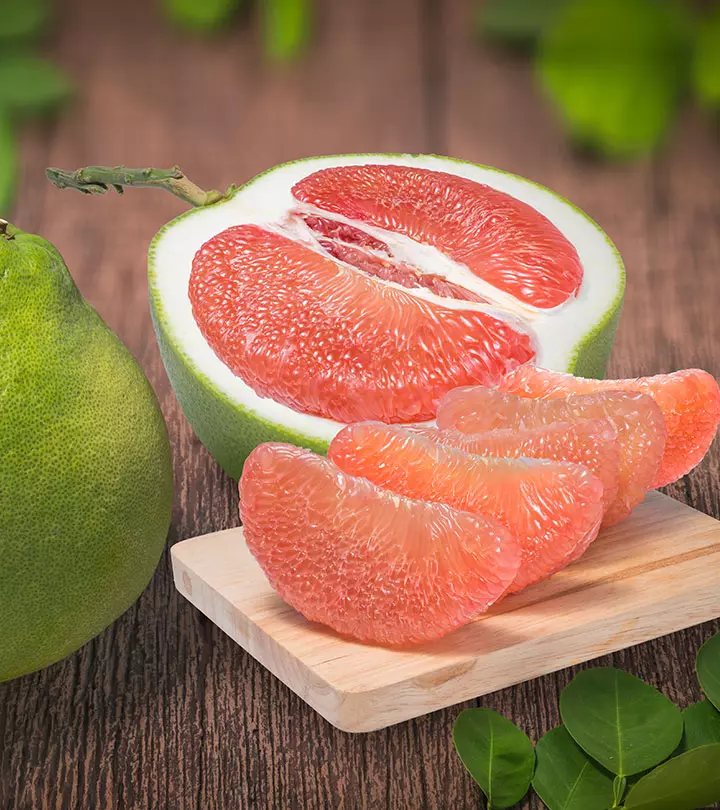
Community Experiences
Join the conversation and become a part of our empowering community! Share your stories, experiences, and insights to connect with other beauty, lifestyle, and health enthusiasts.